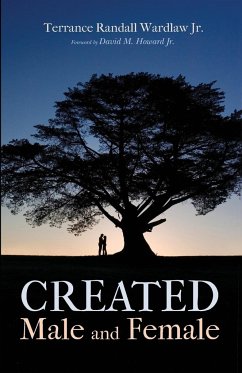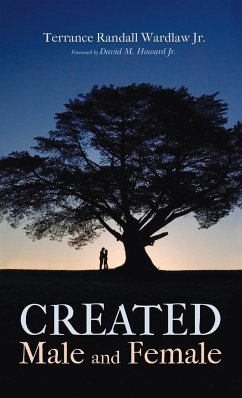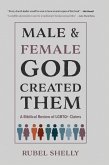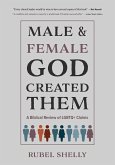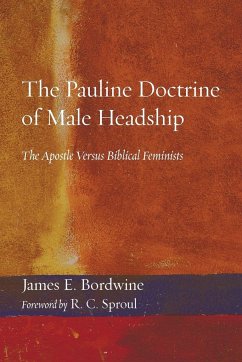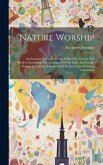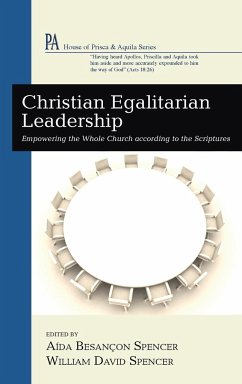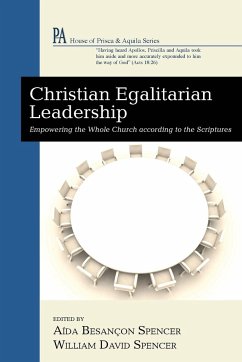In a culture where gender neutrality is the ideal, why is it significant that we were created differently as male and female? As the ethical consequences of the gender debate in the last generation manifest themselves, this book explores biblical teaching in order to work toward a Christian perspective. This discussion traces the theme of creation as male and female through the canon from the Pentateuch to the epistles and demonstrates how Pauline interpretation flows from Genesis 1-3. The grounding of the distinction between male and female in Genesis 1 as the climax of creation suggests the ethics associated with creation as male and female abide universally and for all time. This book intends to present a comprehensive, yet reasonably concise, presentation of biblical teaching on creation as male and female without bogging down in the detailed disputes between complementarian and egalitarian writers. This discussion considers each passage within its literary context, and patristic writers from the first few centuries of the church function as a control on interpretation.
Hinweis: Dieser Artikel kann nur an eine deutsche Lieferadresse ausgeliefert werden.
Hinweis: Dieser Artikel kann nur an eine deutsche Lieferadresse ausgeliefert werden.

